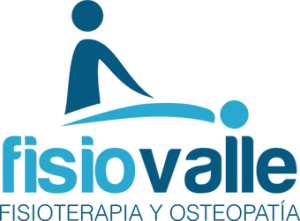Frequent areas of arm tendonitis
Elbow
Lateral epicondylitis, also called tennis elbow, is a tendinitis that affects the extensor musculature of the forearm at its insertion in the elbow. Work or domestic overload (and not tennis) is the most common cause.
Shoulder
It is sometimes described as rotator cuff tendonitis when it affects several tendons of the shoulder. The tendon of the supraspinatus is usually the most affected by its difficult enclave, as explained in this video . (spanish speaking)
Wrist
Affected more often on the back of the thumb, in what is also known as Dequervain tendinitis. It has its origin in a wrist overload. Usually requires the use of a wristband, as well as physiotherapy
What is it and why does it appear ?
It is the tendon injury. It is an inflammatory and degenerative injury that causes pain when the muscle (of which the tendon is part) is contracted so that we make force, or we make a movement. The injury is caused by overuse, sprain, or repetitive movements.
How we treat it
To understand how we treat it, perhaps it is advisable to explain what a tendon is. Tendons are cords that are placed at the ends of the muscles to attach them to the bone. The muscle makes the function of a group of men pulling a rope, to relax the rope you have to get the men (the muscle), stop pulling. That is one of the pillars of treatment along with some exercises.
Tendonitis in the lower extremity
Hip (groin pain)
Pain in the groin may be due to tendonitis, but also to hip-related or muscle-related joint causes. On many occasions there are several factors at play, which the physiotherapist identifies and treats.
Knee (Rotulian)
Tendonitis in the knee often affects the patellar, in which the patellar disorders greatly influence. And the tendons of what is known as “goose leg” on the inside of the knee.
Heel (Achilles)
The Achilles tendon is the one that groups the muscles of the twin in a single tendon in the back of the ankle. Relaxing and stretching the twin as well as some exercises can solve this tendonitis.
Pide cita
info@fisiovalle.es
De Lunes a Viernes
de 9:00 a 14:00 y de 17:00 a 21:00
General Dávila 62 (Delante del Hospital Santa Clotilde)
Santander, Cantabria
Cuéntanos tus dudas
942 049 155 | 615 994 048
info@fisiovalle.es
De Lunes a Viernes
de 9:00 a 14:00 y de 17:00 a 21:00
General Dávila 62
(Delante del Hospital Santa Clotilde)
Santander, Cantabria


